China has agreed to allow the resumption of exports of chips vital to the auto industry, a move that averts the risk of mass global factory closures that the industry had feared.
The incident originated with Nexperia, a chipmaker based in the Netherlands but owned by China, which is a crucial supplier, accounting for 40% of the automotive chip market in the transistor and diode segment.
A few weeks ago, after the Dutch government took control of Nexperia and fired its Chinese CEO on national security grounds, China responded by imposing export controls, a move that immediately sent shockwaves through the auto industry in both the US and Europe, raising fears of a new chip shortage crisis that could push up car prices like those that followed the COVID-19 pandemic.
However, after the meeting between US President Donald Trump and Chinese President Xi Jinping on October 30, on the sidelines of the Asia- Pacific Economic Cooperation (APEC) Summit in South Korea, China took steps to cool down trade tensions with the US. The Chinese Ministry of Commerce issued a statement on November 1 stating that it would review the actual situation and exempt eligible chip batches from the export ban to ensure the stability of the supply chain.
The U.S. auto industry welcomed China’s announcement. John Bozzella, CEO of the Alliance for Automotive Innovation, called it a positive resolution to a potentially disruptive situation for the entire industry, and credited President Trump and his team for putting the Nexperia issue on the agenda.
European partners, however, are more cautious. The European Automobile Manufacturers Association said that while this was good news, there were concerns that the crisis was not completely over. It questioned the practical procedures for granting export exemptions and said that until the flow of goods started to stabilize again, the situation would remain tense.
This cautious sentiment is well-founded, as China has not forgotten to criticize the Dutch government's "inappropriate interference" and said that their actions have led to the current instability. In a separate statement on November 4, the Chinese Ministry of Commerce even accused the Netherlands of continuing to act unilaterally. China warned that this would lead to greater adverse impacts on the global semiconductor supply chain.
Responding to the moves, a spokesman for the Dutch Ministry of Economic Affairs said they are still in contact with China and international partners, aiming for a constructive solution.
Source: https://vtv.vn/nganh-o-to-toan-cau-tho-phao-sau-khi-trung-quoc-noi-long-lenh-cam-xuat-khau-chip-100251105085033415.htm













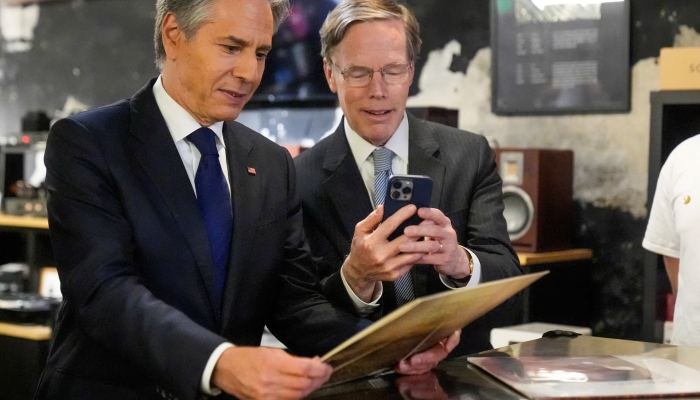



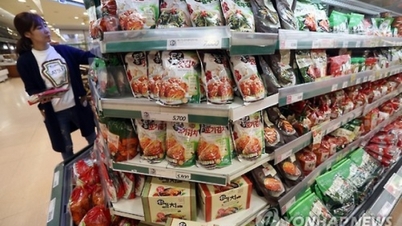


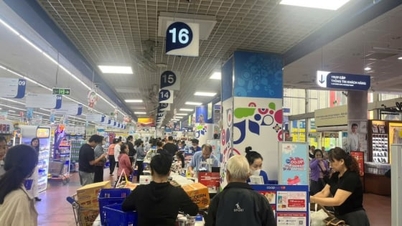






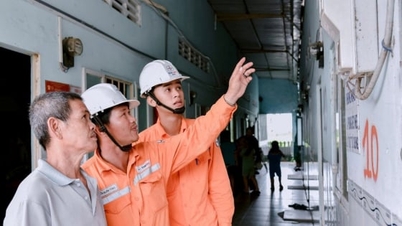




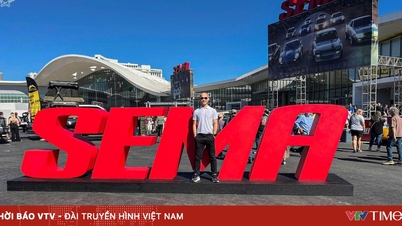
![[Infographic] Member of the Party Central Committee, Chairman of the Central Inspection Commission Tran Sy Thanh](https://vphoto.vietnam.vn/thumb/402x226/vietnam/resource/IMAGE/2025/11/06/1762388416521_uy-vien-trung-uong-dang-chu-nhiem-uy-ban-kiem-tra-trung-uong-tran-sy-thanh-30629722731558625649627-84806723192662976683732.jpeg)
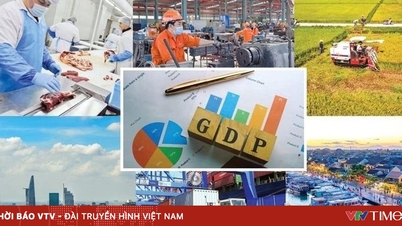
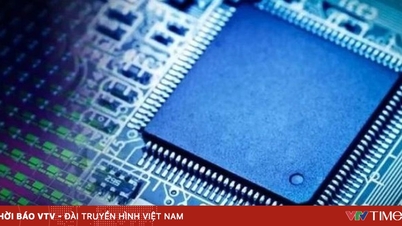

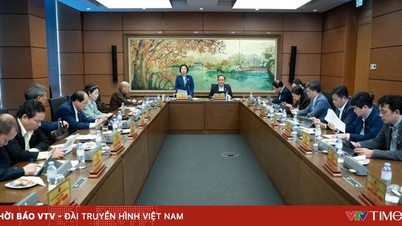
![[Photo] Opening of the 14th Conference of the 13th Party Central Committee](https://vphoto.vietnam.vn/thumb/1200x675/vietnam/resource/IMAGE/2025/11/05/1762310995216_a5-bnd-5742-5255-jpg.webp)





















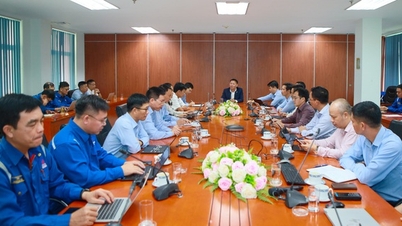

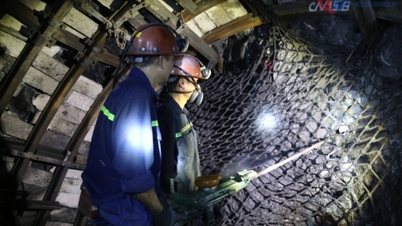






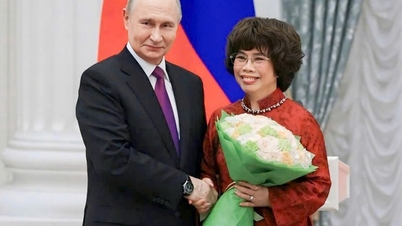







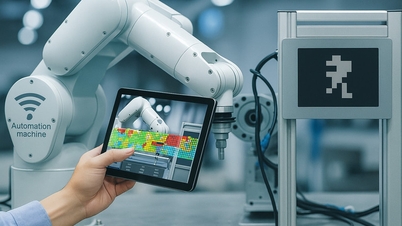



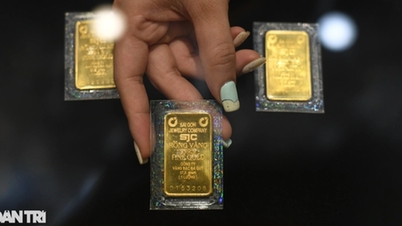
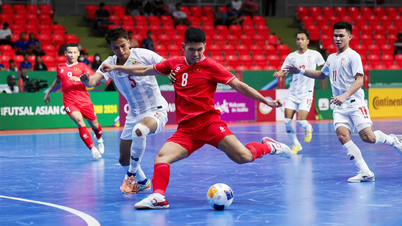
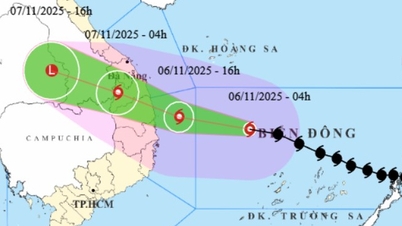














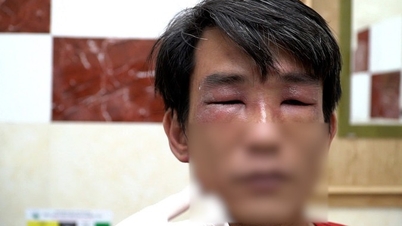



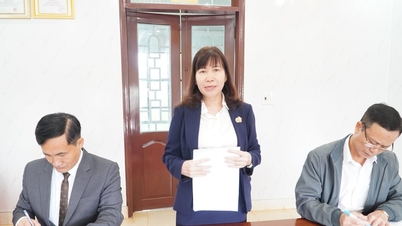
















Comment (0)